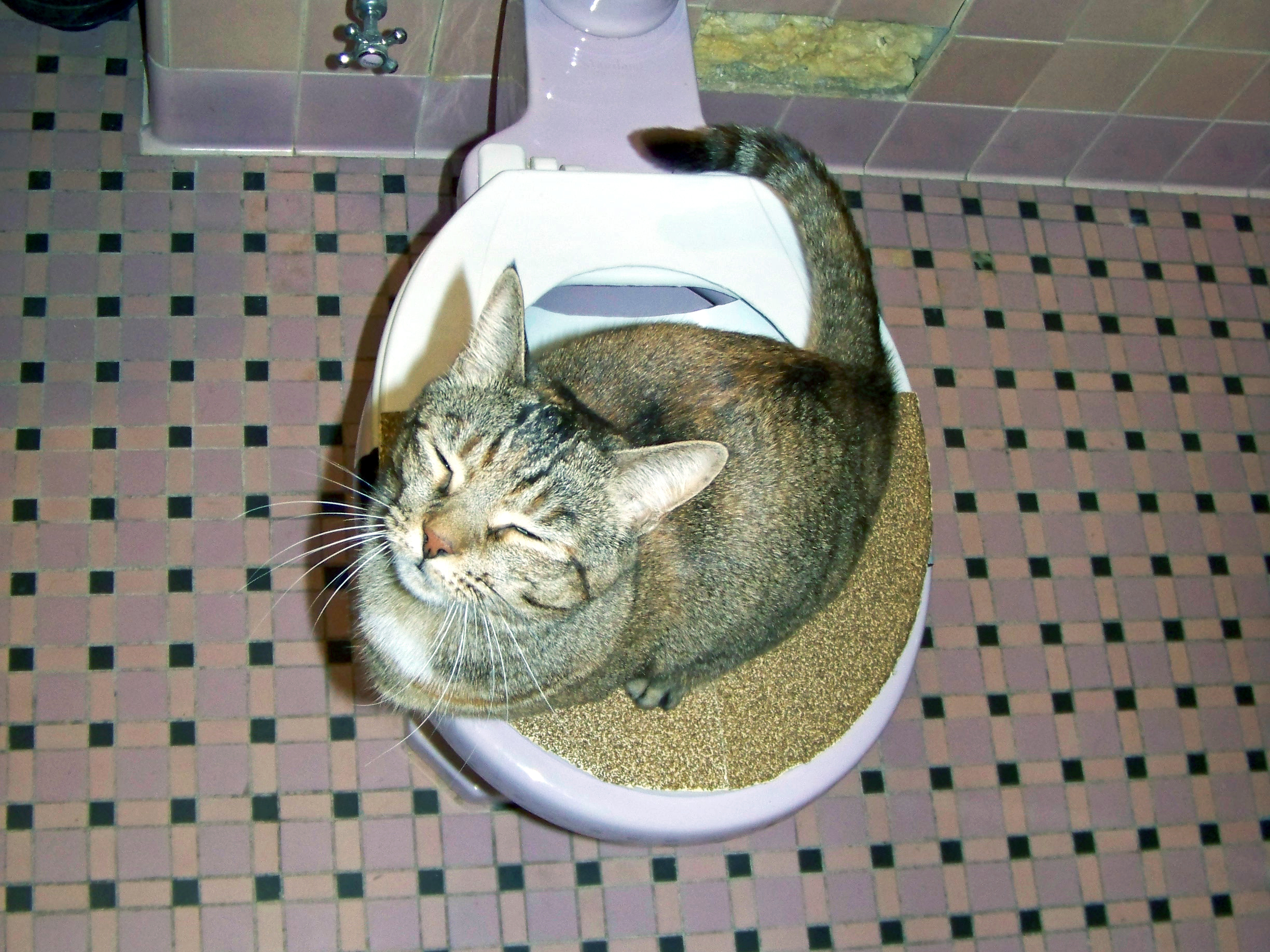Dangers of Disposing Cat Poop in Your Toilet - Precautionary Measures
Dangers of Disposing Cat Poop in Your Toilet - Precautionary Measures
Blog Article
How do you feel when it comes to Don’t flush cat feces down the toilet?

Introduction
As pet cat proprietors, it's vital to bear in mind just how we take care of our feline friends' waste. While it might appear convenient to flush feline poop down the bathroom, this method can have destructive effects for both the setting and human wellness.
Alternatives to Flushing
The good news is, there are more secure and a lot more accountable methods to get rid of cat poop. Consider the adhering to options:
1. Scoop and Dispose in Trash
The most usual technique of taking care of feline poop is to scoop it into an eco-friendly bag and throw it in the garbage. Be sure to make use of a devoted clutter scoop and dispose of the waste quickly.
2. Usage Biodegradable Litter
Choose biodegradable cat litter made from materials such as corn or wheat. These trashes are environmentally friendly and can be securely disposed of in the garbage.
3. Hide in the Yard
If you have a yard, take into consideration burying cat waste in a designated location away from veggie yards and water sources. Be sure to dig deep enough to avoid contamination of groundwater.
4. Set Up a Pet Waste Disposal System
Purchase a family pet garbage disposal system especially created for feline waste. These systems utilize enzymes to break down the waste, reducing odor and ecological effect.
Health Risks
In addition to environmental worries, purging feline waste can additionally pose health and wellness threats to people. Cat feces may have Toxoplasma gondii, a bloodsucker that can cause toxoplasmosis-- a possibly serious disease, particularly for expectant women and people with weakened body immune systems.
Environmental Impact
Purging cat poop introduces damaging virus and parasites right into the supply of water, posturing a significant danger to marine environments. These impurities can adversely affect aquatic life and concession water quality.
Final thought
Accountable family pet possession prolongs past supplying food and shelter-- it also involves correct waste management. By avoiding flushing feline poop down the commode and selecting different disposal methods, we can lessen our environmental impact and secure human health.
Why Can’t I Flush Cat Poop?
It Spreads a Parasite
Cats are frequently infected with a parasite called toxoplasma gondii. The parasite causes an infection called toxoplasmosis. It is usually harmless to cats. The parasite only uses cat poop as a host for its eggs. Otherwise, the cat’s immune system usually keeps the infection at low enough levels to maintain its own health. But it does not stop the develop of eggs. These eggs are tiny and surprisingly tough. They may survive for a year before they begin to grow. But that’s the problem.
Our wastewater system is not designed to deal with toxoplasmosis eggs. Instead, most eggs will flush from your toilet into sewers and wastewater management plants. After the sewage is treated for many other harmful things in it, it is typically released into local rivers, lakes, or oceans. Here, the toxoplasmosis eggs can find new hosts, including starfish, crabs, otters, and many other wildlife. For many, this is a significant risk to their health. Toxoplasmosis can also end up infecting water sources that are important for agriculture, which means our deer, pigs, and sheep can get infected too.
Is There Risk to Humans?
There can be a risk to human life from flushing cat poop down the toilet. If you do so, the parasites from your cat’s poop can end up in shellfish, game animals, or livestock. If this meat is then served raw or undercooked, the people who eat it can get sick.
In fact, according to the CDC, 40 million people in the United States are infected with toxoplasma gondii. They get it from exposure to infected seafood, or from some kind of cat poop contamination, like drinking from a stream that is contaminated or touching anything that has come into contact with cat poop. That includes just cleaning a cat litter box.
Most people who get infected with these parasites will not develop any symptoms. However, for pregnant women or for those with compromised immune systems, the parasite can cause severe health problems.
How to Handle Cat Poop
The best way to handle cat poop is actually to clean the box more often. The eggs that the parasite sheds will not become active until one to five days after the cat poops. That means that if you clean daily, you’re much less likely to come into direct contact with infectious eggs.
That said, always dispose of cat poop in the garbage and not down the toilet. Wash your hands before and after you clean the litter box, and bring the bag of poop right outside to your garbage bins.
https://trenchlesssolutionsusa.com/why-cant-i-flush-cat-poop/

Do you appreciate reading about Can You Flush Cat Poo or Litter Down the Toilet?? Leave a remark below. We would be delighted to hear your views about this blog. In hopes that you visit us again soon. For those who enjoyed our article kindly make sure you remember to pass it around. Thank you so much for your time spent reading it.
Request Your Service Report this page